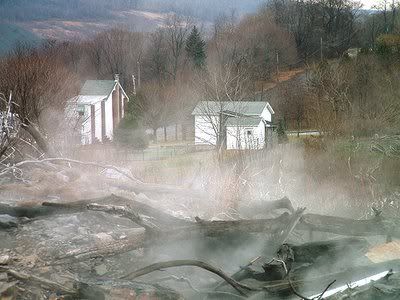
1250 was rough.
I’m not referring to the year, although the Naple’s Plague certainly wasn’t a picnic for everybody. Instead, last night I sat down and raised my per-day goal from 1000 words to 1250. Now, maybe it was because I spent the first hour or so after getting home installing Oblivion on the main PC so my wife can play it eventually, or maybe it was due to the lingering lethargy of a dreary Monday full of mundanity and blandness, but for some reason, hitting that 1250 mark last night was a lot more difficult than any of the 1000-word goals I made and exceeded last week.
The reason I chose 1250 as a better per-day goal is simple. I’ve projected this little novel of mine to top out at around 125,000 words, and 1250 is 1% of that total. I’d like to try and estimate when I’m going to finish this thing, and tracking my progress as I pursue this daily goal should help me do that.
I’ve also got a review of Portal to put together, as well as Assassin’s Creed II now that I’ve finished it, and I need to find time to watch either Adaptation. or The Taking of Pelham 123 before Friday unless I want to toss together a ICFN post about Predator focusing on things other than the gratuitous gun porn and how impressive Clicky McCrabface still looks.
And I have an apartment to pack.
But I’ll get at least 1250 a day, by God. I was thinking last night, at one point, “Oh, maybe I can stop at a grand.” But I saw that idea for the slippery slope that it was and curbstomped it. Because tomorrow it’d be “Oh, 750 is enough for tonight, time for more Mass Effect.” The next day would have me thinking “I’ll stop at 500, the cat needs some attention.” So on and so forth until I’m wondering why I’ve spent decades suffering from ignominy and a lack of respectability among my published friends and why those damn kids won’t get the hell off of my lawn.
So just because it was difficult does not mean I’m giving up, dammit. Tonight will see me writing another 1250, at least. The more I can do, the better.
Of course, there’s the fact hanging over me that finishing this word count is just the beginning. There’s the revising, getting proofreads done by willing subjects friends, and begging an agent for attention.
But one step at a time. One word at a time. Until I hit twelve fifty tonight, then it’s game time.







